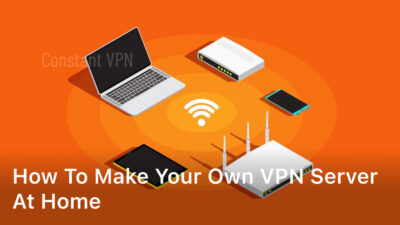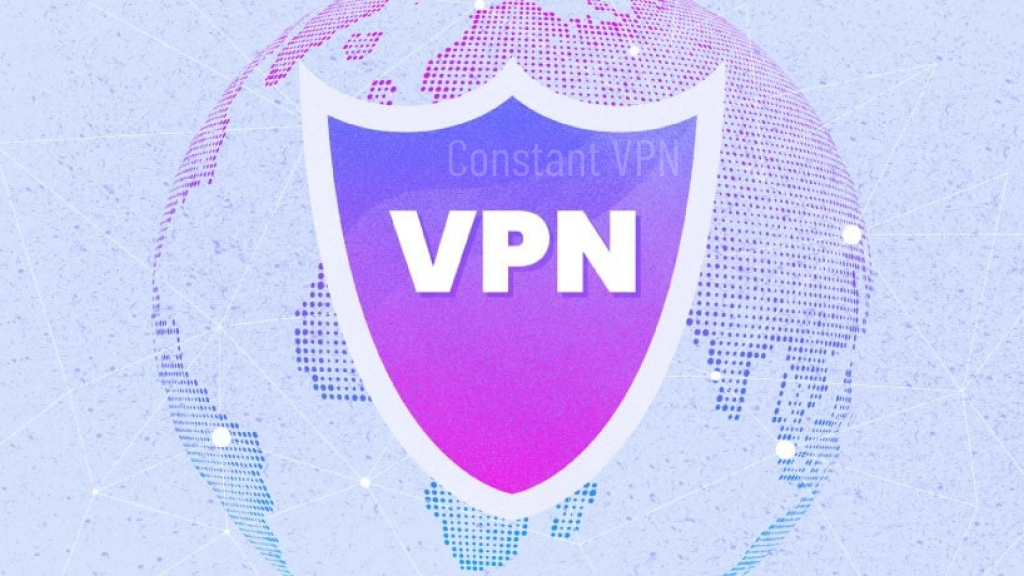How to Make Your Own VPN Server at Home

In today’s digital age, privacy and security are paramount. With the increasing concern over online privacy, many individuals are turning to Virtual Private Networks (VPNs) to safeguard their internet activity.
While there are numerous VPN services available, creating your own VPN server at home provides added control and customization. This article will guide you through the process of setting up your own VPN server from the comfort of your home.
Many individuals are seeking ways to protect their online activities from prying eyes and potential security threats. One effective solution is to use a Virtual Private Network (VPN), which encrypts your internet connection and routes it through a remote server, effectively masking your online identity and location.

Understanding VPNs
Before delving into the process of creating your own VPN server, it’s crucial to grasp the fundamentals of VPN functionality. Essentially, a VPN encrypts your internet traffic, rendering it indecipherable to potential interceptors like hackers or government entities. Moreover, VPNs furnish you with a new IP address, effectively concealing your actual location and granting access to geo-restricted content.
Additionally, VPNs furnish you with a new IP address, effectively concealing your actual location and granting access to geo-restricted content.
Benefits of a DIY VPN
While numerous VPN services abound in the market, opting to build your own VPN server presents several benefits. Primarily, it affords you total control over your privacy and security configurations. This means you can customize settings to suit your specific needs and preferences, ensuring optimal protection for your online activities.
Moreover, DIY VPNs typically prove to be more cost-effective over time. By setting up your own server, you eliminate the need for monthly subscription fees to a third-party service provider. This not only saves you money but also provides a more sustainable solution for maintaining secure internet access.
Things You’ll Need
To create your own VPN server at home, you’ll need a few essential components. These include:
- A dedicated computer or Raspberry Pi
- Reliable internet connection
- VPN server software
- Port forwarding capabilities on your router
- Static IP address (optional but recommended)
Step-by-Step Guide
Step 1: Choose Your Hardware
The first step in creating your own VPN server is selecting the hardware. You can use a spare computer or a Raspberry Pi for this purpose.
Step 2: Install VPN Server Software
Next, you’ll need to install VPN server software on your chosen hardware. There are various options available, including OpenVPN, SoftEther, and WireGuard.
Step 3: Configure Your VPN Server
Once the software is installed, you’ll need to configure your VPN server settings, including encryption protocols, authentication methods, and user permissions.
Step 4: Set Up Port Forwarding
To allow external access to your VPN server, you’ll need to configure port forwarding on your router. This process may vary depending on your router model, so refer to the manufacturer’s instructions for guidance.
Step 5: Test Your VPN Connection
After configuring your VPN server, it’s essential to test the connection to ensure everything is working correctly. You can use a VPN client on another device to connect to your server and verify that your internet traffic is encrypted and routed through the VPN.
Securing Your VPN
Once your VPN server is up and running, it’s crucial to take steps to secure it from potential threats. This includes regularly updating your server software, implementing strong encryption protocols, and monitoring for any suspicious activity.
Troubleshooting
If you encounter any issues during the setup process, don’t panic. Troubleshooting common VPN problems, such as connection issues or slow speeds, can often be resolved with a few simple adjustments. Refer to online resources or seek assistance from online forums and communities for guidance.
Conclusion
Creating your own VPN server at home is a rewarding endeavor that offers enhanced privacy and security for your online activities. By following the steps outlined in this article, you can enjoy the peace of mind knowing that your internet connection is protected from prying eyes and potential security threats.
FAQ
Can I use any computer to set up a VPN server?
While technically possible, it’s recommended to use a dedicated computer or Raspberry Pi for optimal performance and security.
Do I need a static IP address for my VPN server?
While not required, having a static IP address can simplify the setup process and improve the reliability of your VPN connection.
Is it legal to create my own VPN server?
In most countries, creating your own VPN server for personal use is legal. However, it’s essential to familiarize yourself with the laws and regulations in your jurisdiction.
Can I access geo-restricted content with my DIY VPN?
Yes, one of the benefits of using a VPN is the ability to bypass geo-restrictions and access content that may be blocked in your region.
How can I ensure the security of my VPN server?
To enhance the security of your VPN server, regularly update your software, use strong encryption protocols, and monitor for any suspicious activity.